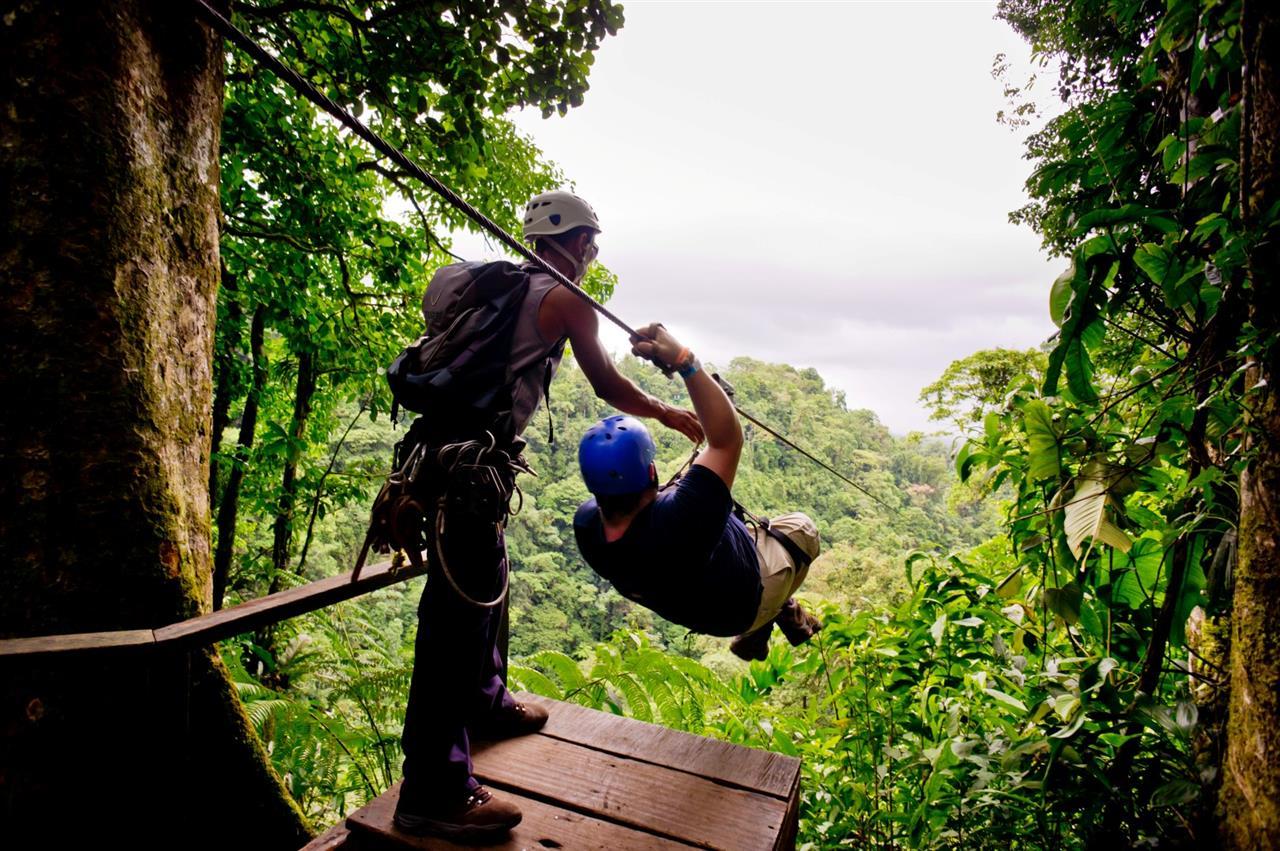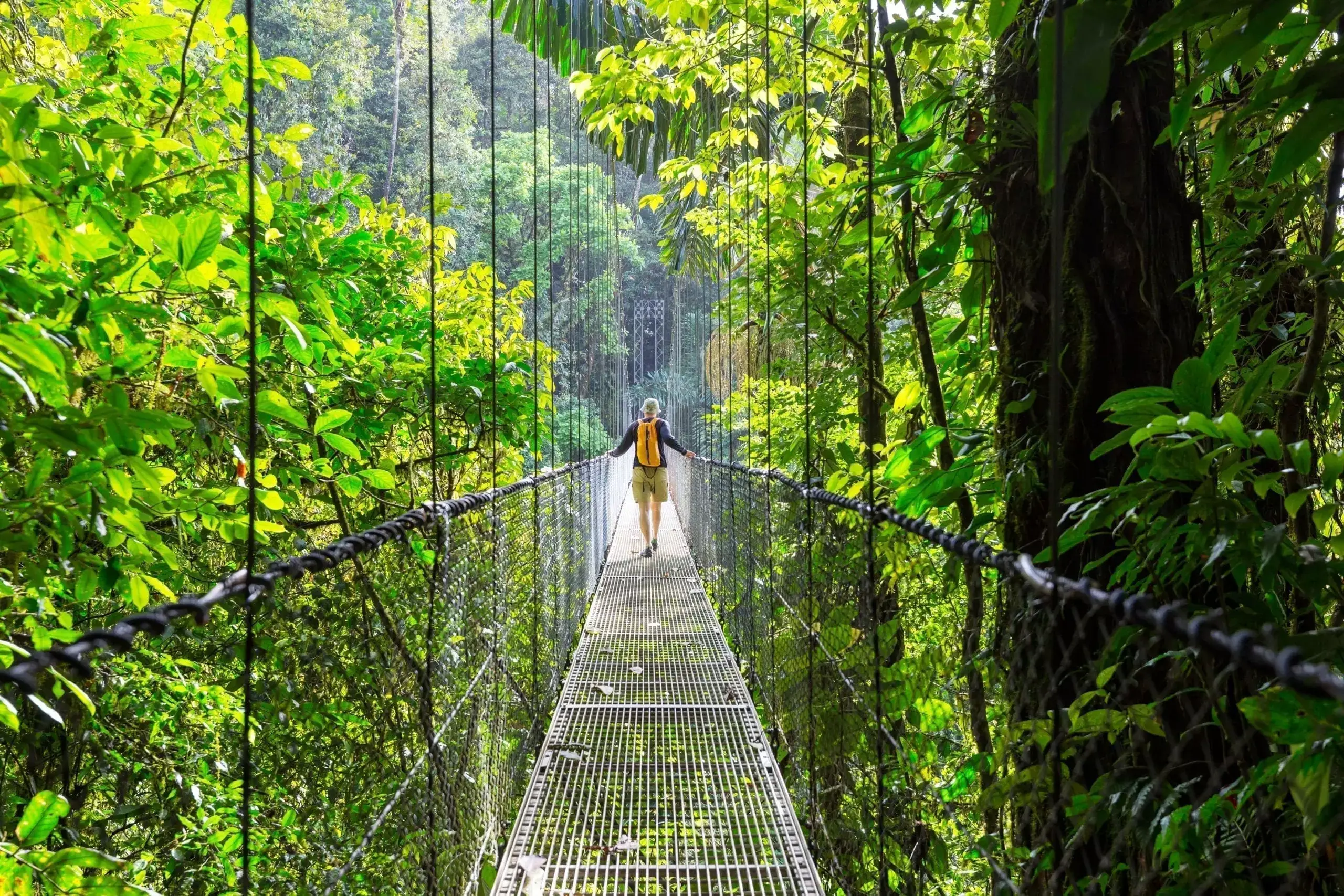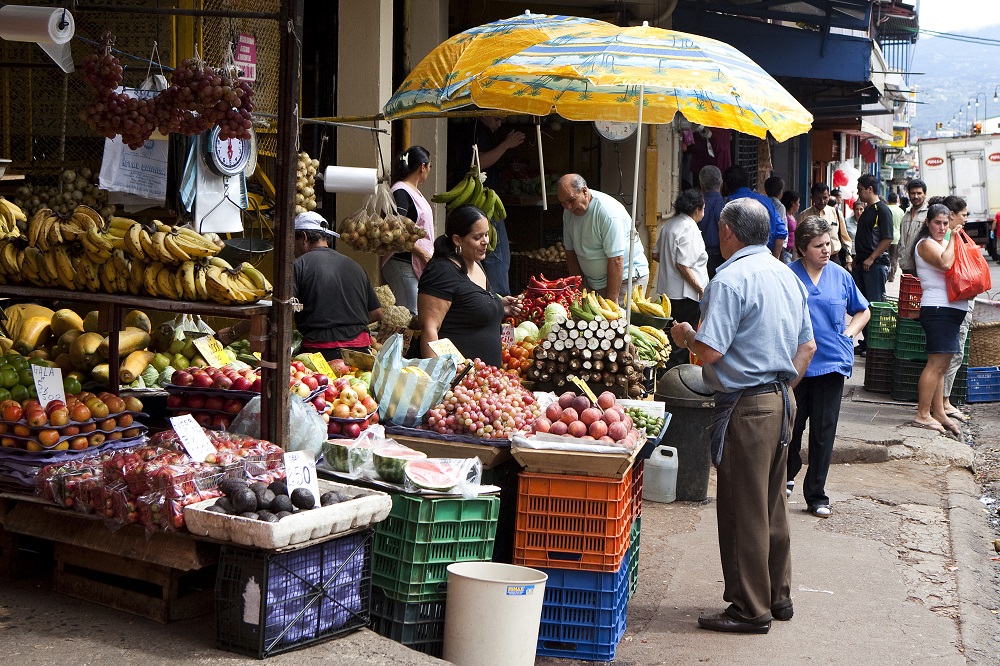Is Costa Rica Safe to Travel?
Is Costa Rica Safte to Travel
Costa Rica stands out as one of Central America’s safest and most exceptional travel destinations, offering tourists a largely trouble-free experience. The country prides itself on its vibrant tourism sector, which plays a crucial role in its economy. Recognizing the importance of safeguarding this industry, Costa Rica has taken proactive steps to enhance visitor safety, including the establishment of two new national police offices in key tourist areas and the upcoming addition of 300 tourist-focused police officers to its force.
While Costa Rica enjoys a lower crime rate compared to other Latin American countries, visitors should still be mindful of safety. The 2021 Global Peace Index ranks Costa Rica 38th out of 163 countries worldwide, highlighting its status as a relatively peaceful destination. The most frequent offenses against tourists include petty theft, such as pickpocketing and purse snatching, alongside more serious concerns like drug trafficking and property crimes.
Despite these challenges, including the threat of natural disasters like hurricanes that are common in tropical locations, Costa Rica remains a beloved destination for countless travelers. The country’s commitment to tourist safety and the natural beauty and adventure it offers ensure that most who visit have an outstanding experience. Awareness and preparedness, especially regarding natural disasters, can further ensure a safe and enjoyable visit to this beautiful nation.
7 Safety tips for Costa Rica
1. Research and Plan Ahead: Before embarking on your Costa Rican adventure, take the time to research the areas you plan to visit. Familiarize yourself with local customs, laws, and any potential safety concerns specific to those regions. Check travel advisories from your country’s government for up-to-date information.
2. Stay in Well-Established Accommodations: Opt for reputable hotels or guesthouses that have good reviews and security measures in place. Look for properties with well-lit entrances, secure locks, and 24-hour front desk service.
3. Be Mindful of Your Belongings: Petty theft can be an issue in crowded tourist areas, so it’s important to keep a close eye on your belongings at all times. Use a money belt or concealed pouch to store valuables like passports, cash, and credit cards when out exploring.
4. Use Reliable Transportation: When traveling within Costa Rica, choose authorized taxis or use trusted ride-hailing services like Uber whenever possible. Avoid unmarked vehicles offering rides as they may not have proper licensing or safety standards.
5. Dress Appropriately and Respect Local Customs: To blend in with the locals and avoid drawing unnecessary attention to yourself, dress modestly and respectfully – especially when visiting religious sites or rural communities.
6. Stay Hydrated and Protect Yourself from the Sun: Costa Rica boasts a tropical climate that can be quite hot and humid at times. Remember to drink plenty of water throughout the day to stay hydrated and apply sunscreen regularly to protect your skin from harmful UV rays.
7. Stay Alert During Outdoor Activities: Whether hiking through rainforests or participating in thrilling adventure sports like zip-lining, ensure you follow all safety guidelines provided by professionals leading these activities.
By following these safety tips during your visit to Costa Rica, you’ll be able enjoy everything this stunning destination has to offer while keeping yourself safe every step of the way!
Is Costa Rica safe for solo travelers?
Solo travel can be an incredibly rewarding experience, allowing you the freedom to explore at your own pace and immerse yourself in a new culture. But when it comes to safety, it’s natural to have concerns. So, is Costa Rica safe for solo travelers?
The answer is yes, Costa Rica is generally considered a safe destination for solo travelers. The country has a stable political system and a low crime rate compared to its neighbors in Central America. However, as with any destination, it’s important to take precautions.
When traveling alone in Costa Rica, it’s advisable to avoid walking alone at night in unfamiliar areas or deserted places. Stick to well-lit streets and populated areas whenever possible. It’s also wise to keep your belongings secure and be aware of your surroundings.
Project confidence, even when you’re unsure. Appearing confused or lost can draw unwanted attention, a universal truth no matter where you are. If you find yourself lost, maintain a confident demeanor and head to a safe place, such as a shop or library, to seek assistance from a staff member. Additionally, don’t hesitate to proactively ask for help or directions. It’s generally safer and more reliable than accepting unsolicited assistance from strangers who approach you first.
Another important aspect of solo travel safety is accommodation choice. Opting for reputable hostels or guesthouses can provide you with added security and opportunities to meet fellow travelers.
By using common sense, being aware of your surroundings, and taking necessary precautions, solo travel in Costa Rica can be an amazing adventure filled with beautiful landscapes and friendly locals.
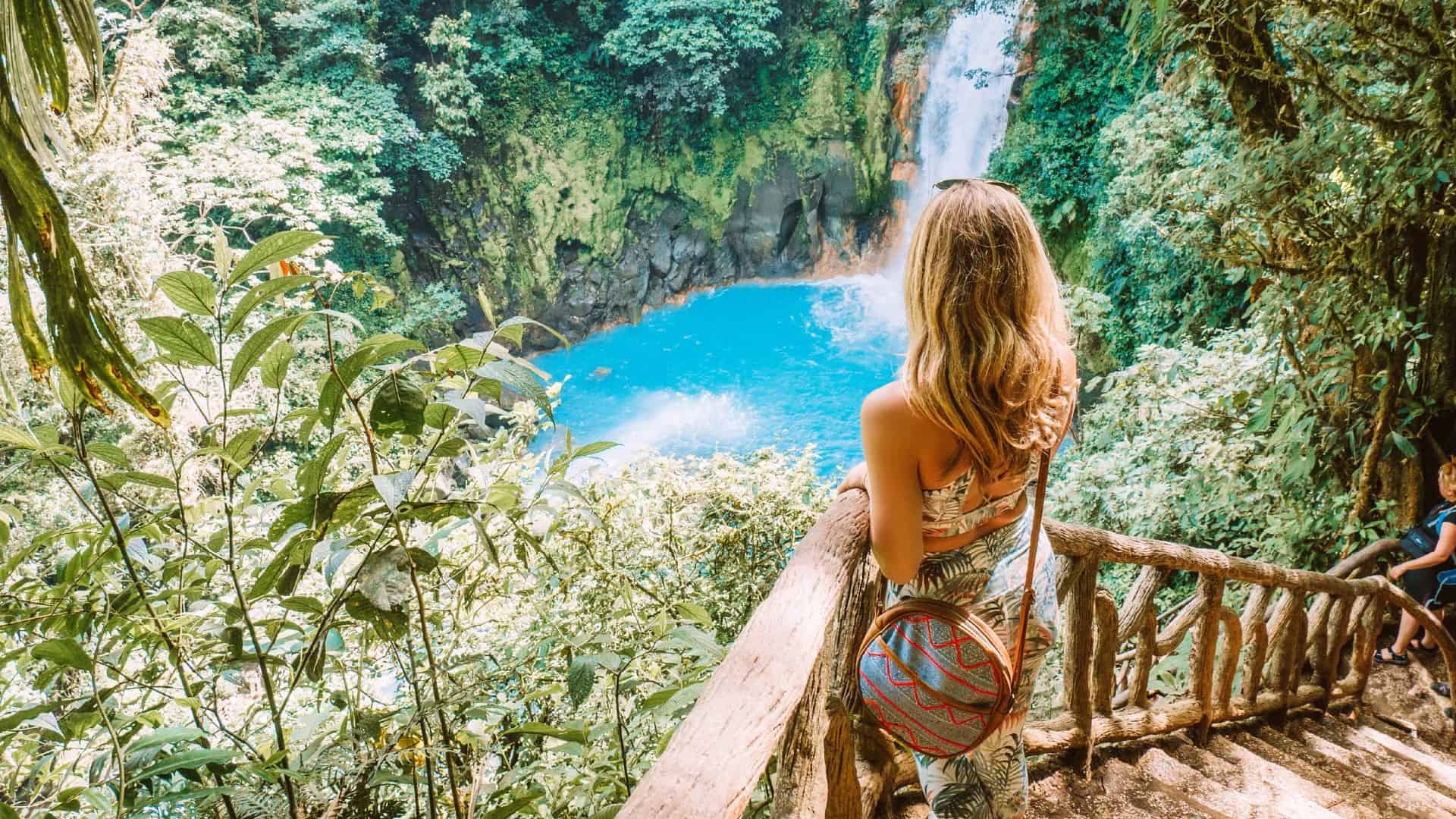
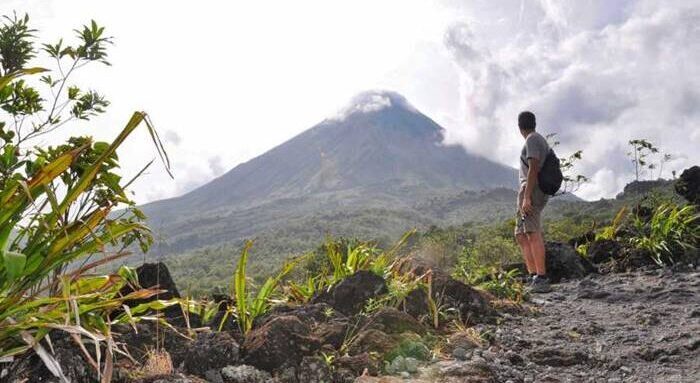
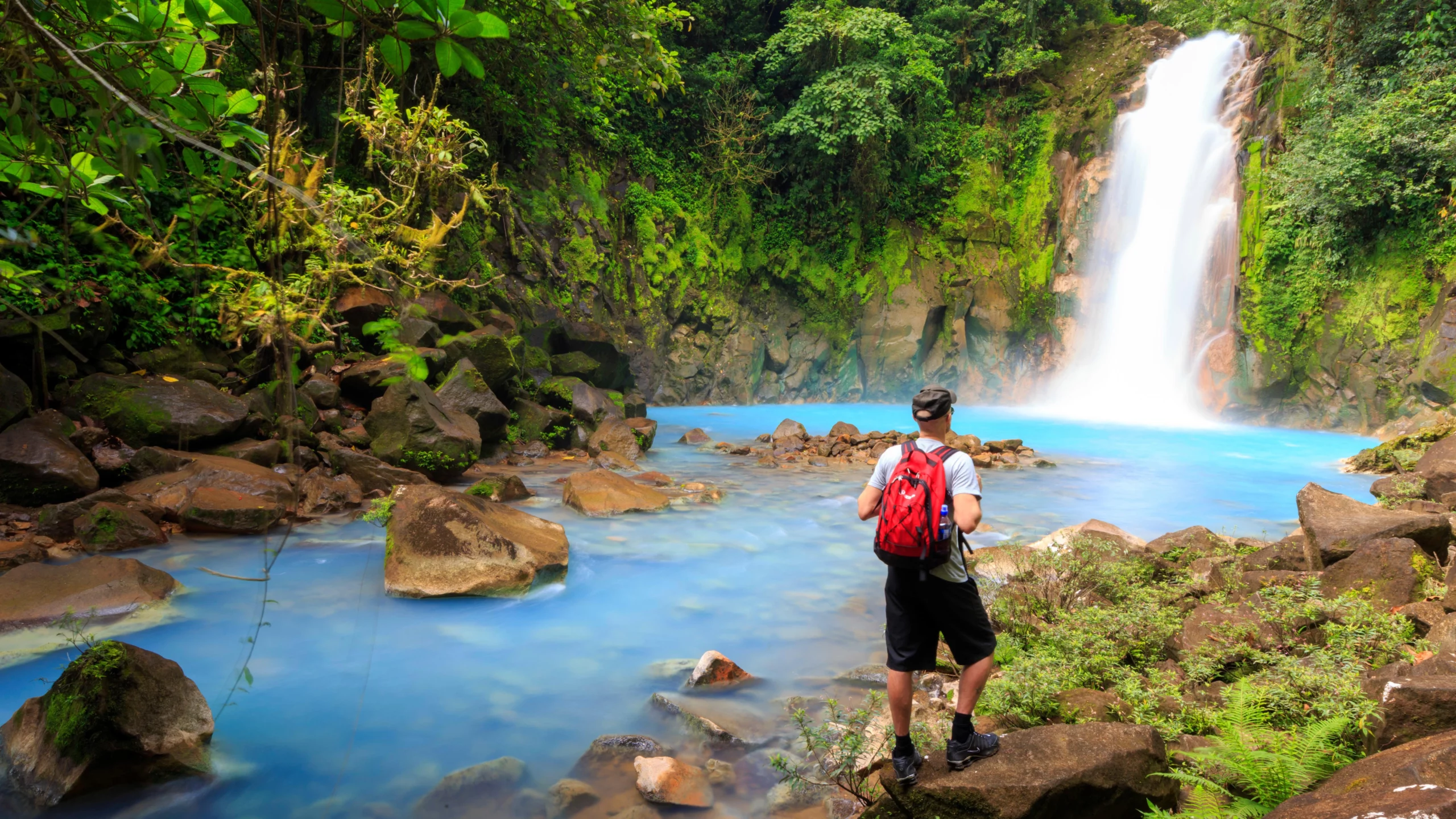
Is Costa Rica safe for female travelers?
When it comes to female travelers, safety is always a top concern. So, how safe is Costa Rica for women who are traveling alone or with friends? The good news is that Costa Rica has a reputation for being one of the safest countries in Central America. However, it’s still important to take some precautions and be aware of your surroundings.
1. First and foremost, trust your instincts. If something feels off or uncomfortable, remove yourself from the situation. It’s always better to be cautious than sorry.
2. As with any destination, it’s essential to research the areas you plan on visiting and stay in well-populated areas whenever possible. Avoid walking alone at night and consider using taxis or rideshare services instead.
3. Another tip is to dress modestly and blend in with the locals as much as possible. This can help minimize unwanted attention or potential harassment.
4. Additionally, keep an eye on your belongings at all times. Pickpocketing can occur in crowded tourist areas like markets or public transportation hubs.
5. Make sure to inform someone back home about your travel plans and regularly check-in with them throughout your trip.
While no place is entirely without risk, Costa Rica offers many safe options for female travelers who take necessary precautions.
Scams to avoid in Costa Rica
Scams can happen to anyone, even the most experienced travelers. When visiting Costa Rica, it’s important to be aware of common scams in order to protect yourself and your belongings.
One common scam in tourist areas is the “fake police officer” scam. Scammers will approach you claiming to be a police officer and ask for identification or search your belongings. They may try to intimidate you into handing over money or valuables. Remember that legitimate police officers will always have proper identification, so never hesitate to ask for it.
Another scam to watch out for is the “friendly local” who offers assistance with directions or recommendations for restaurants or tours. While many locals are genuinely helpful, some may lead you astray in order to take advantage of you financially. Be cautious and use your own judgment when accepting help from strangers.
Be wary of credit card fraud as well. It’s best not to let your credit card out of sight when making payments at restaurants or shops. Skimming devices can be used by scammers to copy card information without your knowledge.
To avoid falling victim to taxi scams, always insist on using licensed taxis with official logos and meters. Negotiate fares before getting into the taxi and make sure they are using the meter during the ride.
By staying vigilant and being aware of these scams, you can ensure a safe and enjoyable trip in Costa Rica.
Use trusted transportation
When it comes to navigating Costa Rica, transportation options abound. However, if safety is your top priority, there are a few modes of transportation that stand out as the safest choices.
First and foremost, renting a car can offer you freedom and flexibility while ensuring your safety. The roads in Costa Rica may be narrow and winding at times, but they are generally well-maintained. Just make sure to choose a reputable rental company and familiarize yourself with local driving laws. We strongly recommend against night driving. The absence of road signs and inadequate lighting can make navigation challenging, even with the most accurate directions from WAZE or Google Maps. The lack of illumination makes it hard to spot potholes, ongoing road work, pedestrians, sharp turns, cliffs, and other potential hazards.
If you prefer not to drive yourself, hiring a private driver or taking organized tours can be excellent alternatives. These options not only provide knowledgeable guides who know the safest routes but also eliminate any concerns about parking or navigation.
For shorter distances within cities or towns, taxis are widely available throughout Costa Rica. It’s important to use licensed taxis with red logos on their doors for added security. Additionally, ride-hailing apps like Uber and DiDi have gained popularity in recent years as convenient and safe alternatives.
No matter which mode of transportation you choose in Costa Rica, always prioritize your safety by doing thorough research beforehand and staying vigilant throughout your journey.
Health considerations
When traveling to any destination, it is important to consider the health aspects and take necessary precautions. Here are some health considerations to keep in mind when planning your trip to Costa Rica.
1. Vaccinations: Before traveling to Costa Rica, make sure you are up-to-date on routine vaccines such as measles, mumps, rubella, diphtheria-tetanus-pertussis, and influenza. Depending on your travel plans and activities, you may also need additional vaccines such as hepatitis A and typhoid.
2. Mosquito-borne diseases: Like many tropical countries, Costa Rica is home to mosquitoes that can transmit diseases such as dengue fever, Zika virus, and chikungunya. To prevent mosquito bites, use insect repellents containing DEET or picaridin and wear long sleeves and pants especially during dawn and dusk when mosquitoes are most active.
3. Food safety: While the food in Costa Rica is generally safe to eat, it’s always a good idea to take precautions. Though you could drink the tap water, stick to bottled water for drinking purposes and avoid consuming raw or undercooked seafood or meats. Opt for freshly cooked hot meals from reputable establishments.
4. Sun protection: With its beautiful beaches and outdoor activities galore, it’s easy to spend ample time under the sun while exploring Costa Rica! Protect yourself from harmful UV rays by wearing sunscreen with a high SPF rating (at least 30), sunglasses with UV protection, wide-brimmed hats/caps,and lightweight clothing that covers your arms and legs.
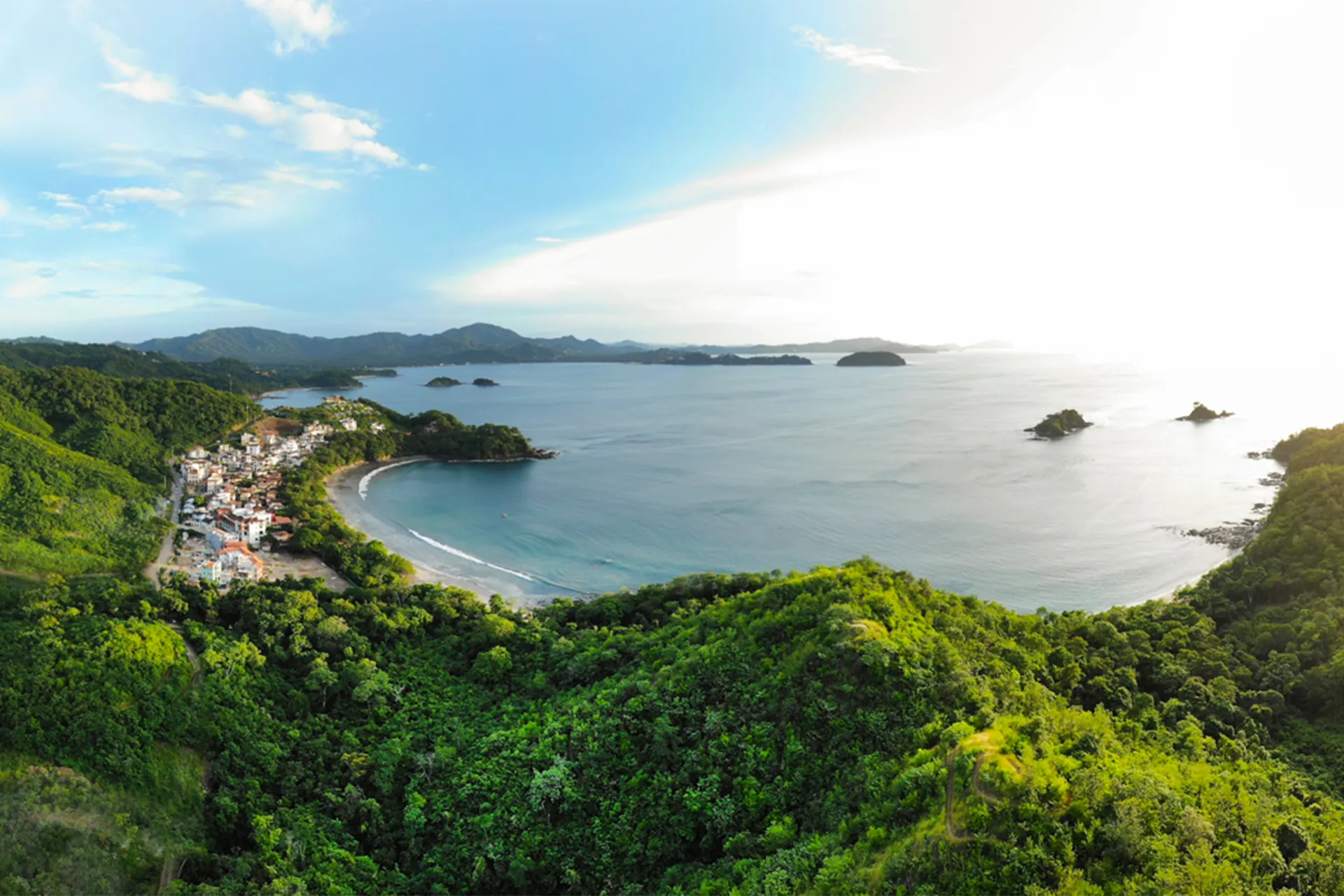
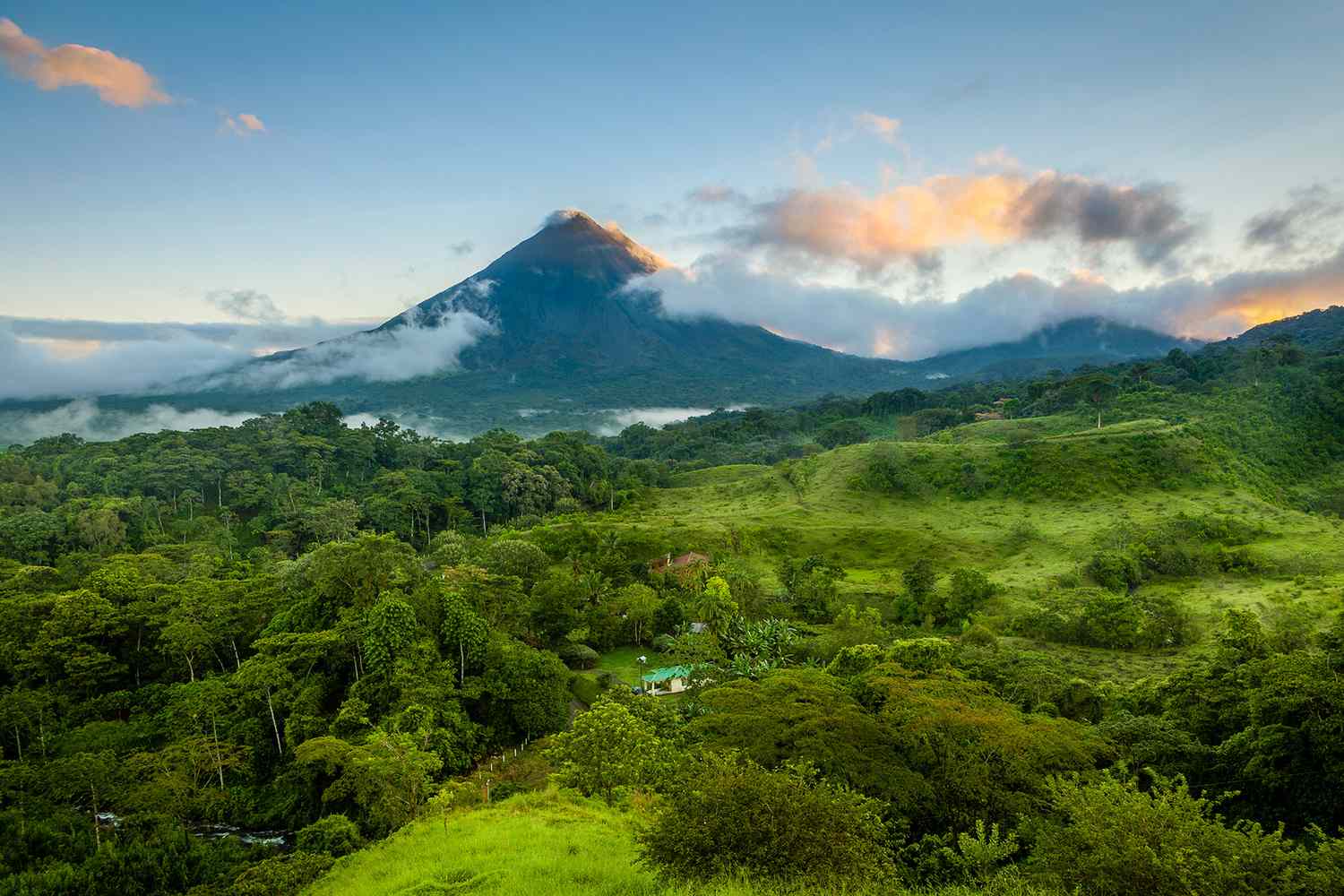
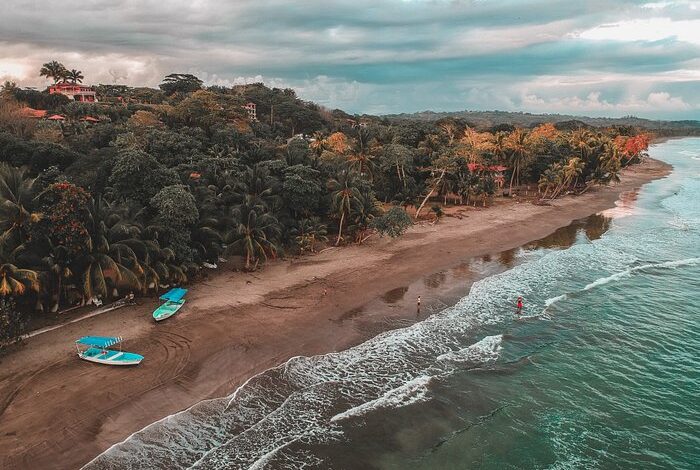
FAQ: Travel Safety
While not common, gastrointestinal illnesses can occur due to changes in diet and water sources. Be cautious with food choices and consider carrying a basic medical kit.
Tap water in most urban areas is treated and safe for such activities. However, using bottled water for these purposes is an additional precaution you can take.
Mosquito-borne diseases can be present throughout Costa Rica, but the risk is generally higher in areas with warmer climates and lower altitudes.
Costa Rica has a well-developed healthcare system, particularly in urban areas. However, consider travel insurance that covers medical emergencies for added peace of mind.
Sticking to bottled water, avoiding ice in drinks, and consuming thoroughly cooked foods can help minimize the risk of travelers’ diarrhea.
Costa Rica is home to various wildlife, including snakes, spiders, and insects like mosquitoes. While encounters are rare, it’s wise to be cautious, wear appropriate clothing and footwear, and consider insect repellent.
Credit cards are widely accepted in most tourist areas, but having some local currency (Colones) for smaller establishments and rural areas is advisable.
In remote areas, access to medical facilities might be limited. Consider carrying a basic first aid kit and know the contact information for local medical centers in advance. In serious emergencies, you may need to be transported to a larger town with better medical facilities.
Costa Ricans are generally friendly and polite. It’s appreciated if you greet people with a friendly “Hola” and use “Por favor” (please) and “Gracias” (thank you) in your interactions. Respect local customs and avoid discussing sensitive topics unless invited to do so.
Consider connecting with other travelers or joining group tours to enhance safety. Research women-focused travel groups or accommodations to tap into a supportive community.
Costa Rica is generally accepting, but LGBTQ+ travelers might exercise discretion in rural areas. Stick to urban centers where attitudes are more progressive, and always prioritize your comfort and safety.
